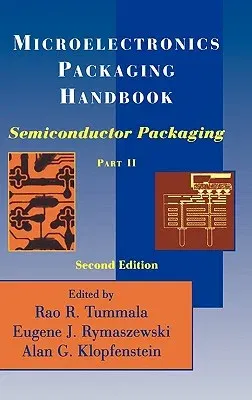Electronics has become the largest industry, surpassing agriculture,
auto, and heavy metal industries. It has become the industry of choice
for a country to prosper, already having given rise to the phenomenal
prosperity of Japan, Korea, Singapore, Hong Kong, and Ireland among
others. At the current growth rate, total worldwide semiconductor sales
will reach $300B by the year 2000. The key electronic technologies
responsible for the growth of the industry include semiconductors, the
packaging of semiconductors for systems use in auto, telecom, computer,
consumer, aerospace, and medical industries, displays, magnetic, and
optical storage as well as software and system technologies. There has
been a paradigm shift, however, in these technologies, from mainframe
and supercomputer applications at any cost, to consumer applications at
approximately one-tenth the cost and size. Personal computers are a good
example, going from $500IMIP when products were first introduced in
1981, to a projected $IIMIP within 10 years. Thin, light portable, user
friendly and very low-cost are, therefore, the attributes of tomorrow's
computing and communications systems. Electronic packaging is defined as
interconnection, powering, cool- ing, and protecting semiconductor chips
for reliable systems. It is a key enabling technology achieving the
requirements for reducing the size and cost at the system and product
level.

